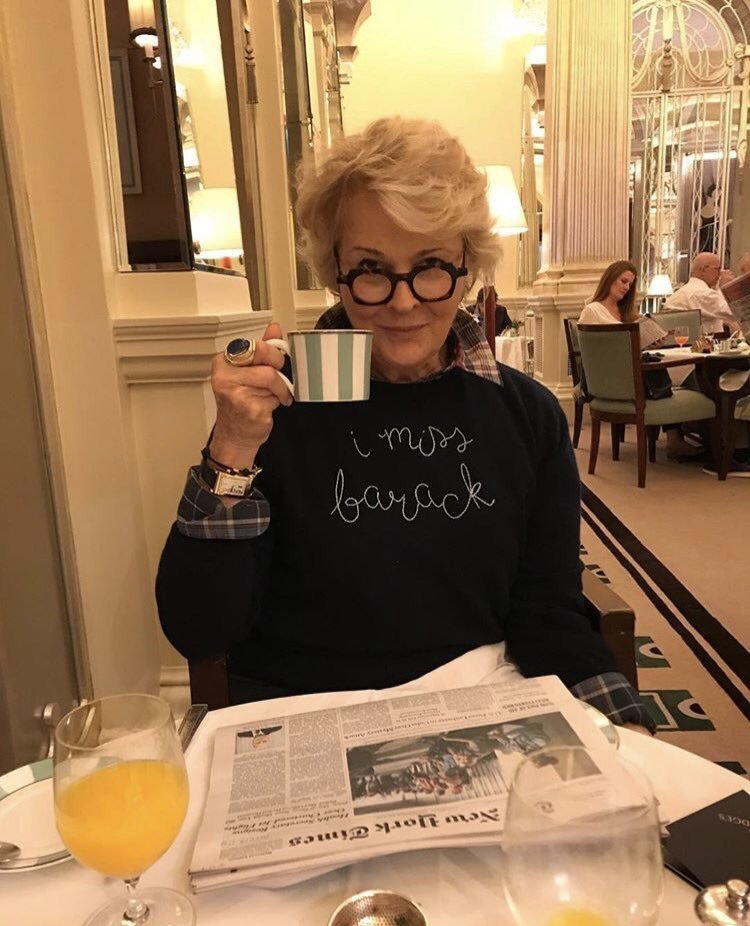West. World. Here we are again traversing through mankind’s Manifest Destiny of any possible pleasure imaginable — in front of a Utah desert backdrop with thousands of humanoid robots and hundreds of interlaced scripted stories. This wild-west glutton buffet is the brain child of co-writers and husband and wife Lisa Joy and Johnathan Nolan. In the first episode, we see the dynamic of Johnathan Nolan’s previous works in Dark Knight Batman movies, Terminator Genesis, and Interstellar as well as Lisa Joy experimentation with her works Burn Notice (a spy termination narrative) and Pushing Daisies (a reincarnation-concept based show) battling with an affectionate humanistic narrative that rises from their relationship as a family and the parents of two young kids. SPOILER, the androids start to realize they are merciless victims of the customers in the park when one of the android’s scripted priorities is to protect the android daughter at all costs.

Westworld makes us ponder our very own existence by putting viewers in the androids’ shoes.
Westworld is a matrimonial tightrope walk in between Elon Musk’s belief that we are living in a simulation and his warnings about the power of artificial intelligence to become smart enough to manipulate people to satisfy their own interests. The dialogue structure in the episode and the series blend the power struggle perfectly. The makers interact with their work like they are one of their own. One of the stand out lines comes from a creative director of the robots, Lee, when he questions, “Do you really want to think that your husband is [having sex] with that girl?” These heated debates among the creators of Westworld and their invention brings a humanity to their supposed omnipotence because they themselves can’t figure out the borders to what is morally acceptable in their park. What if fulfilling your desires involves getting emotionally attached to something that is just supposed to be an object? The inventors are no longer in complete control of their own work.

A Westworld prostitute developing a enticing lip stroke after remembering her sexual experience.
The last resort that the creator’s of the park do have are “pausing” the androids. This is the only effective way the writers of the show are able to detach you from how human-like and independent the robots are. These periods of silence are not only haunting in the instances of when the father of the daughter android, Peter, tries to attack the creator of Westworld, but also the only layer to prevent you as a viewer from getting attached to the androids and rooting for them just like another customer of the park. Physically, the creators of Westworld still may have power but their is no omniscience in the realm of speech. Everything is a fair game. The down-to-earth style dialogues in the show leaves yourself thinking yourself if your own consciousnesses is just a figment of imagination and whether or not we are supposed to replace ourselves with a more — not so artificially — intelligent being as a simple demand of evolution.























